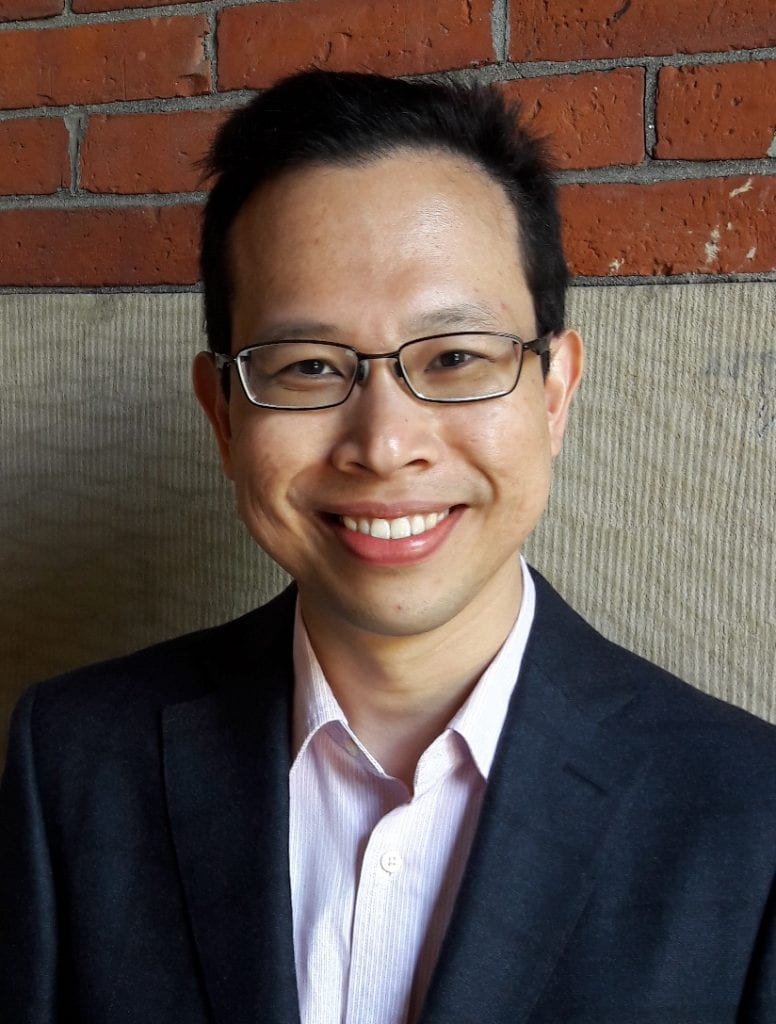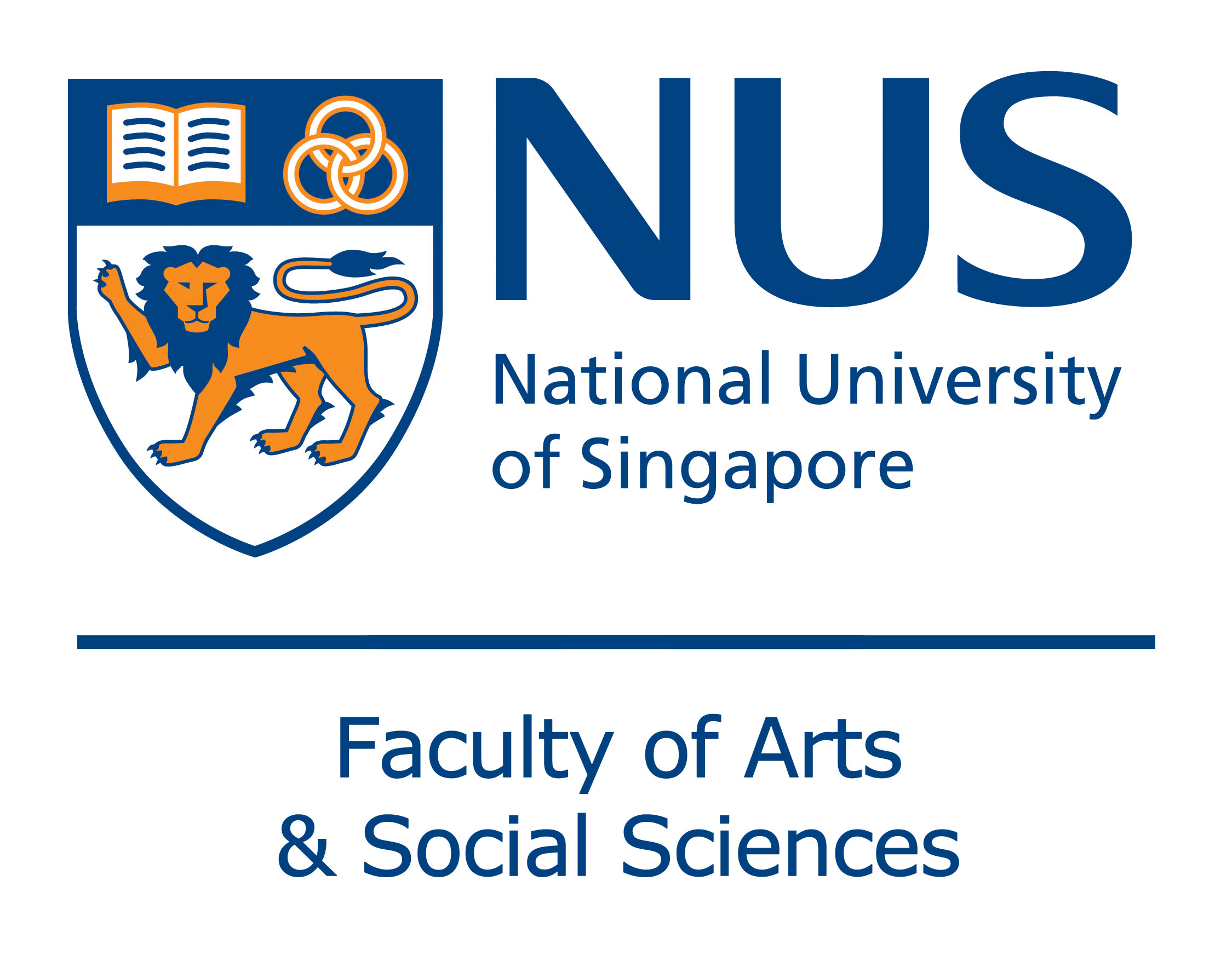In a bid to consolidate China’s position as a crucial player on the international stage, China’s government and diplomatic officials have promoted the use of Buddhism as a tool for cultural diplomacy. This is observed in the use of Buddhist diplomacy to strengthen China’s relationships with countries involved in the Belt and Road initiative. Buddhist diplomacy is seen as a tool to support the Belt and Road initiative which, in turn, aims to bolster China’s status in the new world order.

In Diplomatic Dharma: Buddhist Diplomacy in Modern Asia, 1950s–Present, Assistant Professor Jack Meng-Tat Chia (NUS History) aims to examine the role of Buddhism in promoting cultural exchanges and strengthening diplomatic relationships, and to challenge assumptions about Buddhism being politically inert and a passive entity in foreign relations. Building on his previous research on the role of Buddhism in Singapore-China relations, this new project focuses on the collaboration and networks between Buddhists, non-Buddhists, and state actors in the making of Buddhist diplomacy.
Funded by the Social Science and Humanities Research (SSHR) Fellowship, Dr Chia’s study plans to contribute to the field of Asian studies in three crucial ways. Firstly, it will offer a new understanding of Buddhist diplomacy during the Cold War and Post-Cold War period. Previous studies have neglected the fact that Buddhism continues to be employed as a tool for cultural exchange in modern Asia. This project aims to build an understanding of Buddhism’s role in five Asian countries – China, India, Japan, Myanmar, and Singapore – during the modern age.
Secondly, Dr Chia will investigate the role of Buddhism in international relations within the Asian context. He notes that our current understanding of the role of religion in international relations is built on our investigation of monotheistic religions such as Christianity and Islam. The role of Buddhism has largely been neglected. This further highlights commonly held misconceptions of Buddhism as apolitical and indifferent towards political developments. The project plans to uncover Buddhism’s increasing influence on regional and international politics.
Lastly, Dr Chia aims to explore how transnational Buddhist networks have fostered cultural exchanges and diplomacy in modern Asia. The approach considers the contributions Buddhist transnational networks have made towards diplomacy, proposing a framework of understanding Asian cultural and diplomatic relations that go beyond migration and migratory flows.
Notably, Dr Chia is the first humanities scholar to receive a SSHR Fellowship from the Social Science Research Council since its establishment in 2018. With this fellowship, he will receive research funds of up to $1 million over five years. Equipped with an understanding of Buddhism’s growing influence in the Asia-Pacific region and the international stage, his five-year project will provide actionable insights that will have far-reaching implications on areas in Singapore’s foreign and domestic policy, such as maintaining and promoting cultural exchange, religious harmony and social cohesion, and the role of religion in enhancing diplomatic relations for Singapore.



[…] Our colleague, Dr Jack Chia was awarded a Social Science and Humanities Research (SSHR) Fellowship for his project "Diplomatic Dharma: Buddhist Diplomacy in Modern Asia, 1950s – Present". More information can be found here. […]